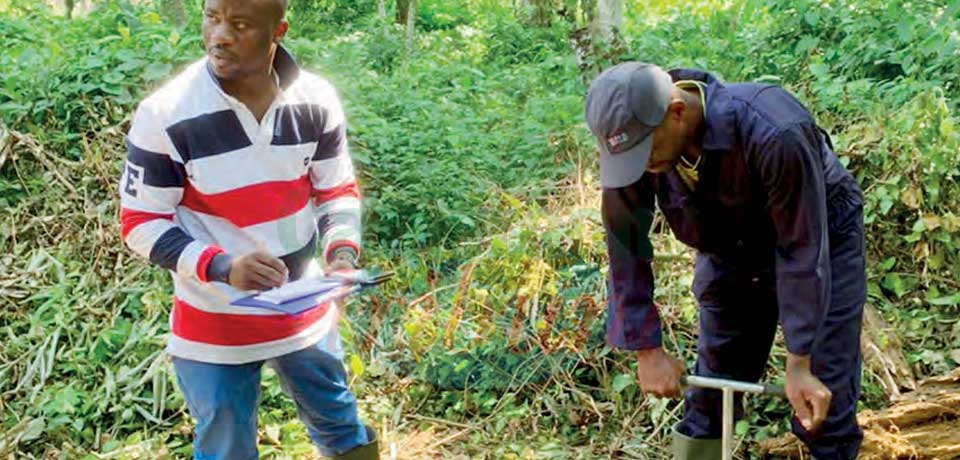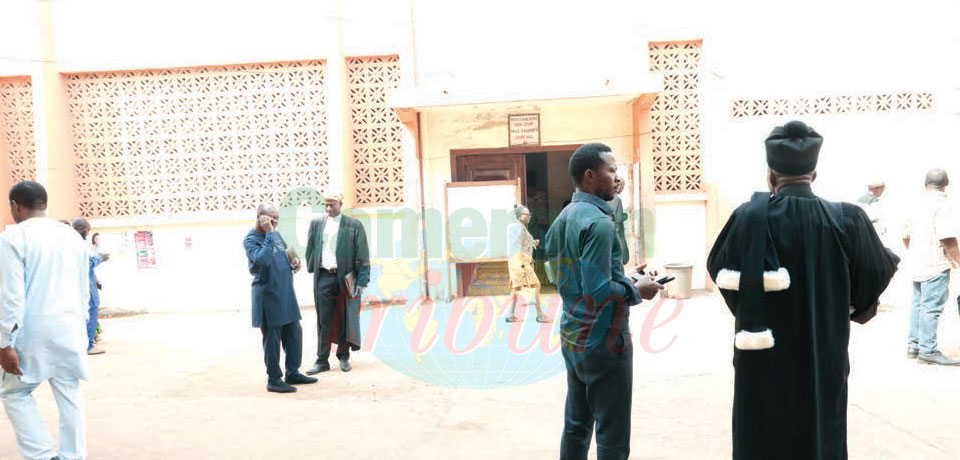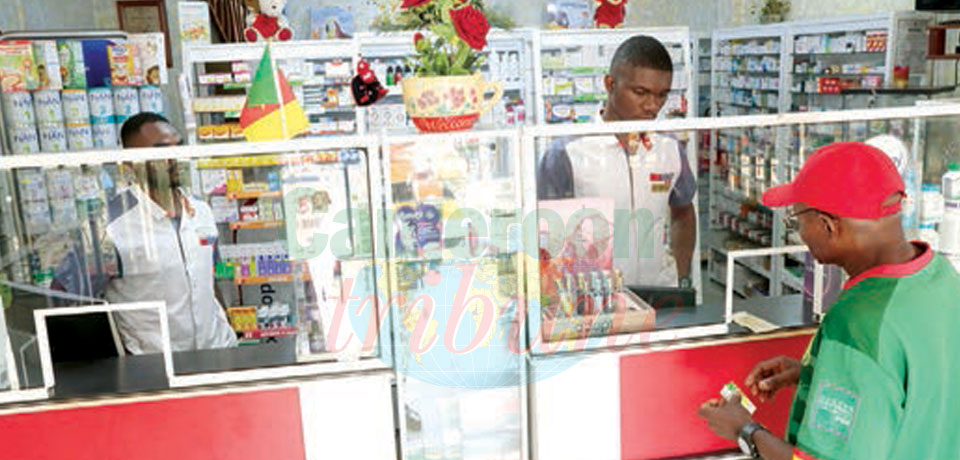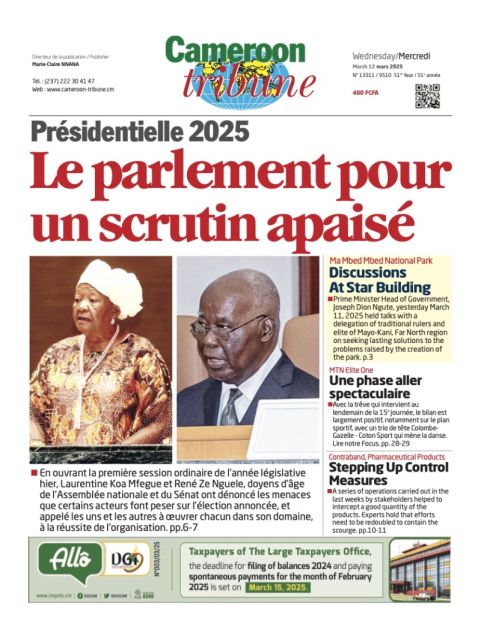National Observatory On Climate Change : Forecasting The Weather For Better Socio-Economic Dev’t
- Par Brenda YUFEH
- 12 mars 2024 11:02
- 0 Likes

For some time now, the structure has produced up-to-date data which has enabled stakeholders and the population take measures on climatic variations.
Situated at the Bastos neighbourhood in Yaounde, is the National Observatory On Climate Change (NOCC). The structure, created by a Presidential Decree is aimed at addressing the concerns of climate change to the planet. With mission to monitor and assess the socio-economic and environmental impacts of climate change and to propose measures for prevention, mitigation and adaption to the adverse effects associated with climate change, the structure so far has been up to the task. But not without challenges.
As early as 8:00 a.m. each day, one can see a youthful workforce of Climatologists, Geometrician, Earth Scientists, Global Information System Experts, Geographers, Economists, Geo-technicians, environmentalists amongst others making their way into the NOCC structure for a day with what the climate says in the country. The structure has seven departments amongst which four technical units. Work begins at the Climate Change Data Centre, precisely at the Geometric Department where a workforce of about 16 experts are sitting in front of a lab top compiling spatial data from prominent national and international centres dedicated to monitoring climate science. The Head of the Department, Zouh Tem Isabella epse Buh says the Geometric Department is the kitchen of NOCC, where everything begins. Each day, experts collect climate perimeters like precipitations, temperature, wind speed, wind direction, soil moisture from centres such as the International Research Institute for Climate and Society (IRI) at Columbia University (USA), the National Oceanic and Atmospheric Administration (NOAA, USA), AccuWeather, which is an American Weather Forecasting Agency and the Regional Agro-Hydro-Meteorology Centre (AGRHYMET).
Data collected at the Geometric Department are sent to the Climate Monitoring and Impact Assessment Division, for treatment and transformation into information. Dr Batha Romain Armand Soleil, Head of the Department for the Production and Dissemination of Climate Watch and Alert Services, says experts interpret the analysed data, assess its reliability, and make informed predictions and alerts based on their expertise. It is at this service where the decadal (every 10 days) and seasonal (ever...
Cet article complet est réservé aux abonnés
Déjà abonné ? Identifiez-vous >
Accédez en illimité à Cameroon Tribune Digital à partir de 26250 FCFA
Je M'abonne1 minute suffit pour vous abonner à Cameroon Tribune Digital !
- Votre numéro spécial cameroon-tribune en version numérique
- Des encarts
- Des appels d'offres exclusives
- D'avant-première (accès 24h avant la publication)
- Des éditions consultables sur tous supports (smartphone, tablettes, PC)














Commentaires